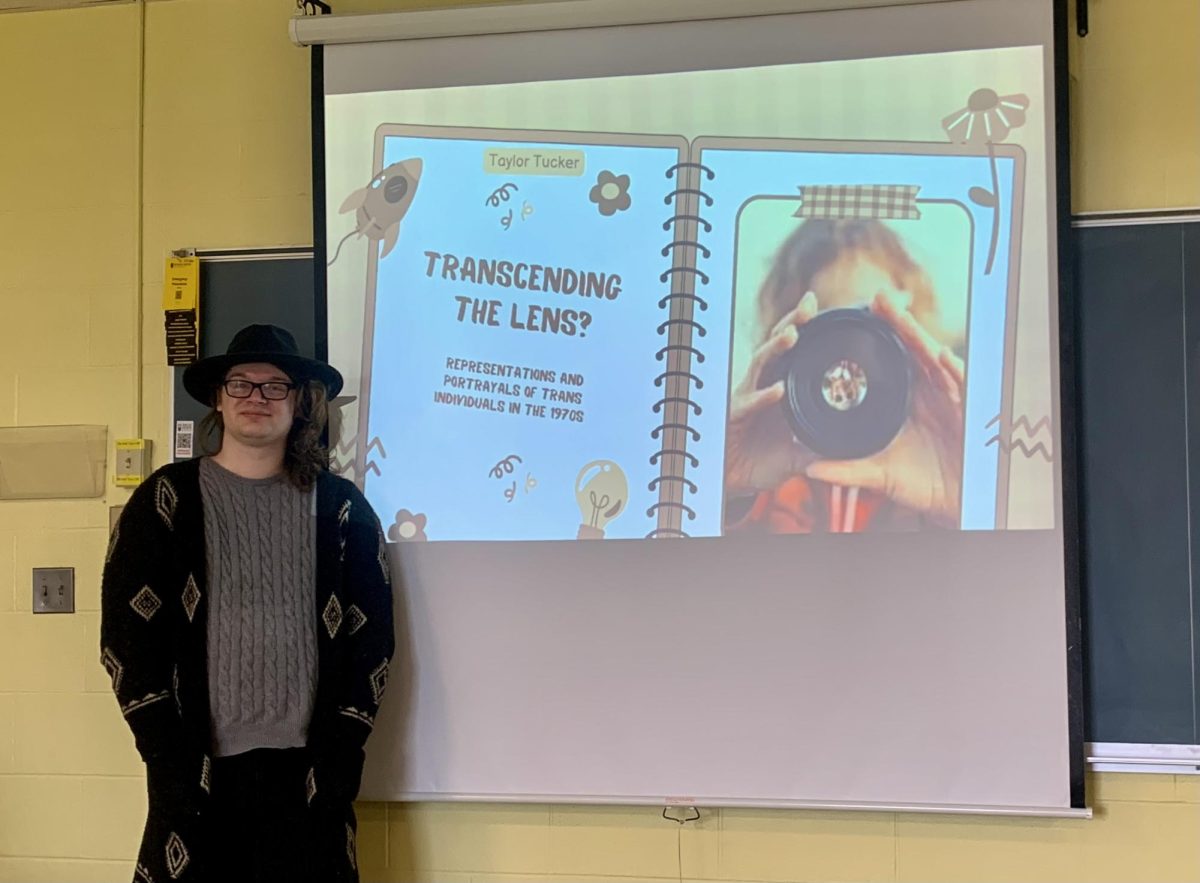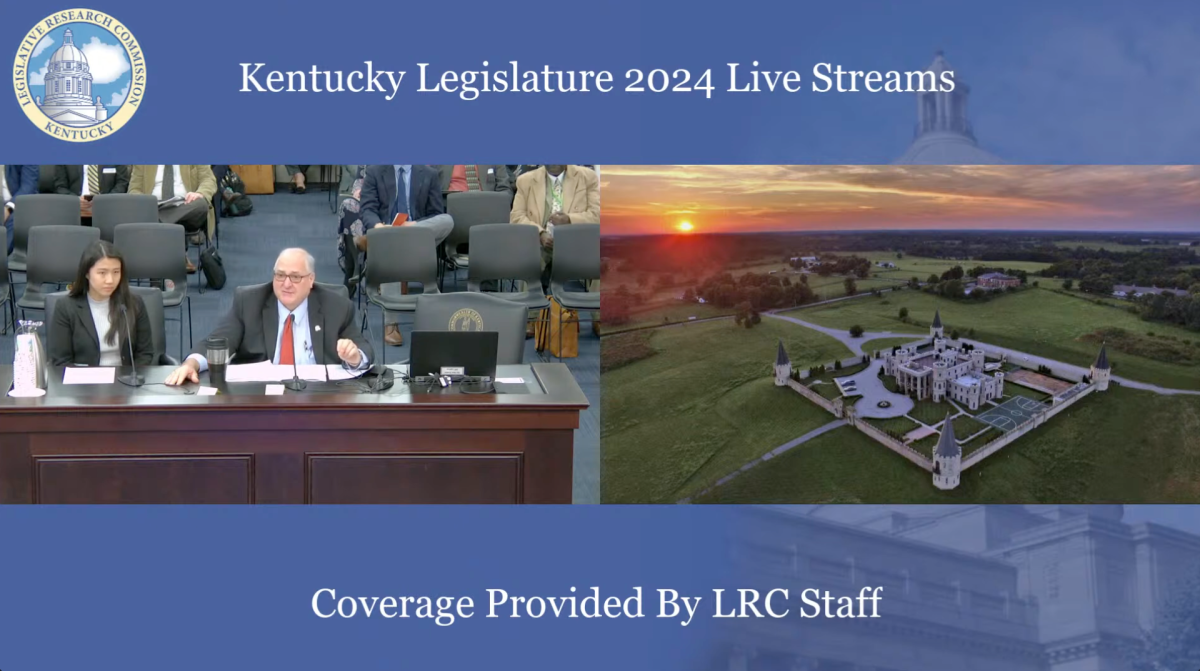Kentucky’s public universities and community colleges could remove faculty who fall short of new “productivity requirements” under a bill sponsored by Rep. James Tipton.
House Bill 228 would require the Board of Regents at each public university and Kentucky Community and Technical College System to establish a process to review a faculty member’s “performance and productivity” every four years.
Faculty who do not meet the requirements set by the Board may be removed from their position- regardless of tenure.
According to the bill, faculty members cannot be removed until 10 days after receiving written notice and must be given an opportunity to introduce testimony or have legal defense.
Kentucky law already allows faculty to be removed for incompetence, neglect, refusal to perform their duties or immoral conduct.
During a committee meeting on Jan. 22, Tipton said HB 228 expands the causes for firing to include meeting a university’s performance and productivity requirements.
The bill would require university boards to establish their evaluation processes and provide them to faculty members by Jan. 1, 2025. The processes would become effective July 1, 2025.
Faculty seeking tenure at Murray State go through an eight-step process. Applications begin with a department committee, the department chair, the college tenure committee, the dean of that college, the University tenure committee, the Provost, the University President and the Board of Regents.
Faculty Regent Melony Shemberger said these decisions need to be left to those in academia.
“You need to leave it to those people because they understand the field they understand academia not to say that the board doesn’t but at that point, they’re making decisions based on recommendations from the administration,” Shemberger said. “[With this bill,] we’re now reversing the process, basically putting the board at the level of making that determination of how that process should look.”
Brian Bourke, professor and program coordinator of postsecondary education administration, said he is concerned with the ambiguous language in the bill.
“Saying faculty, regardless of status, shall be evaluated every four years. What does that mean? What’s the scope of that evaluation? What does that entail? The question I have is it left ambiguous on purpose to to intentionally create gray areas to chip away our education across the Commonwealth, Bourke said.
Bourke said, depending on the “teeth” in the bill, it could impact faculty at the University.
“If you don’t meet this undefined measure of productivity over a four-year period, the president can fire you, so that serves to drive a wedge between faculty and administration, which doesn’t help anybody, certainly doesn’t help students,” Bourke said. “If there are fractures, then the institution suffers and everybody in it really prior to this bill being filed.”
Bourke serves as the chair of the academic policies committee for Faculty Senate and has worked on a post-tenure review process. He said if HB 228 passes, he doesn’t expect their review process to be impacted.
“It provides some concrete operationalization of performance metrics so that other faculty are able to have a clearer sense of what is the expectation,” Bourke said. “I think if we weren’t already working on this.”
Bourke said he doesn’t anticipate this bill, if passed, to greatly affect the retention of faculty at Murray State.
“The test is going to be, is it a steady flow [of faculty leaving],?” Bourke said. “As [administration] seek to fill positions, what their candidate pool really looks like.…We don’t know the immediate impact and you can’t see our concern and same thing with attacks against higher education, both against tenure and against ei initiatives in the state of Texas.”
If the bill passes, Shemberger said she hopes the board of regents across Kentucky’s public universities position shared governance as a force to make performance evaluations work effectively and meet legal requirements.
“A performance evaluation should be an instrument that is acceptable to all involved and protects academic freedom for all faculty,” Shemberger said. “This is where a board’s faculty regent or trustee can be key to help navigate the design process of performance evaluation.” The bill is still in the education committee.




































































































